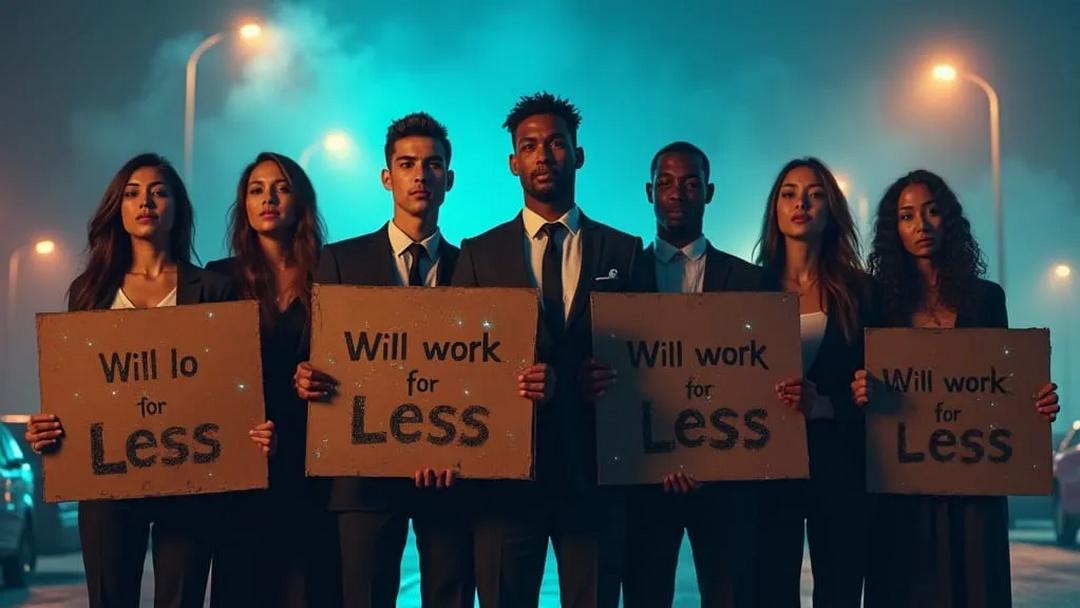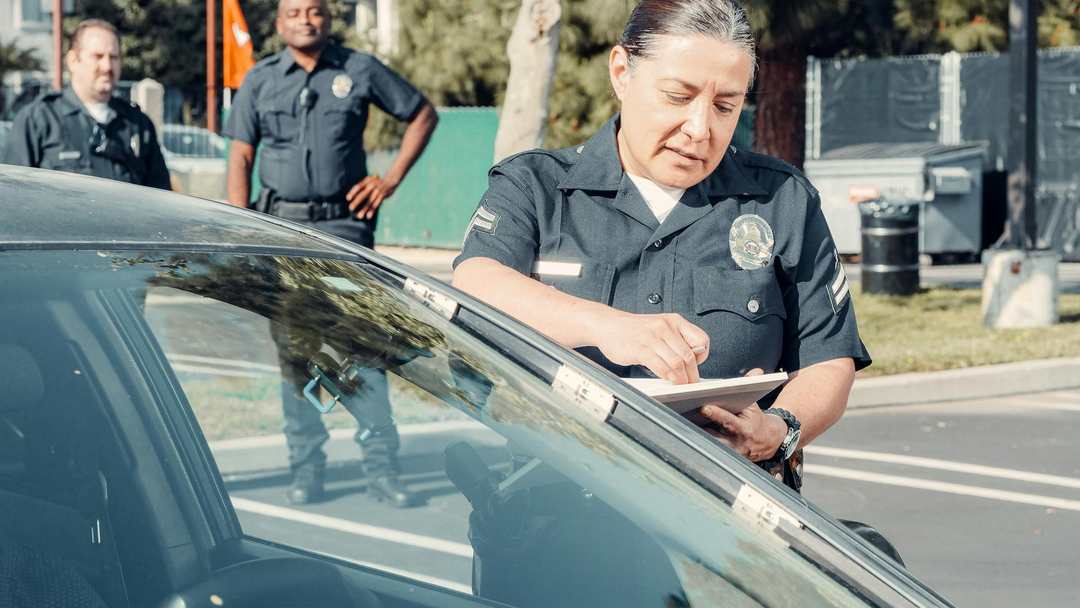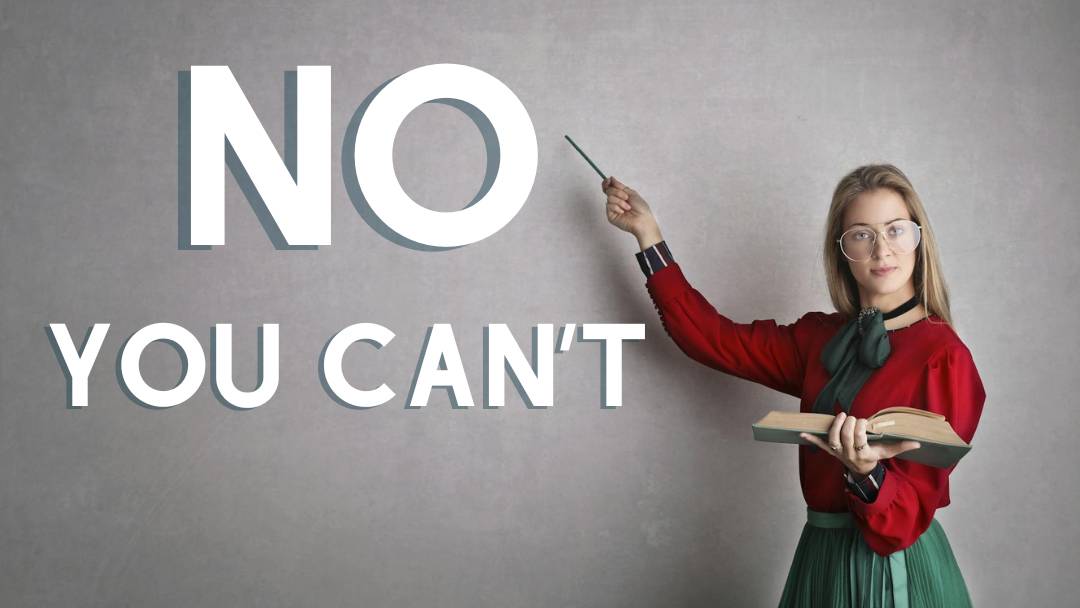Federally funded researchers have uncovered two methods to divide and diversify the difference between hemp and cannabis to assist to crime labs.
Because Cannabis is still a crime and Hemp is not…
The Controlled Substance Act of 1970 classified the plant cannabis, which was historically classified as either marijuana or hemp, as an illegal drug, a Schedule I controlled substance with a high potential for abuse and no FDA-approved medical use in the United States.
For more than 50 years, hundreds of thousands of people were arrested and imprisoned for possessing it.
317,793 Americans are arrested annually for possession of marijuana. Easy Target – Easy Money.
The Farm Bill of 2018 changed this straightforward classification of cannabis. The bill legalized the form of cannabis classified as hemp, while the form classified as marijuana remained illegal.
The task of determining the distinction has been assigned to law enforcement and forensic laboratories, a responsibility that has proven to be challenging, time-consuming, and costly.
Federally funded researchers have made significant advancements in accurately distinguishing between marijuana and hemp by precisely analyzing the THC levels found in flower and edibles.
The National Institute of Justice (NIJ), an entity within the “Justice” Department, is actively promoting the results of two research projects that it funded, both centered around cannabis lab testing. These findings are now being shared exclusively with select law enforcement agencies.
The aim of the initiatives was to streamline the testing process in order to address the increasing crime lab backlogs caused by the federal legalization of hemp with up to 0.3 percent THC under the 2018 Farm Bill.
This legalization has complicated cannabis-related cases, and thus the initiatives were implemented to help resolve these challenges.
Have your rights been violated?
Have your driving priviledges been revoked?
Has your professional license been suspended?
Second Amendment rights taken away?
Have you been charged with a crime?
Call our office to see if we can help
Komorn Law 248-357-2550
Current testing methods are unable to accurately determine the exact amount of THC in a sample, as stated in the recent update by NIJ. However, the researchers they have funded have achieved a significant breakthrough.
Using gas chromatography-mass spectrometry (GC-MS) and direct analysis in real time-high-resolution mass spectrometry (DART-HRMS), they are now able to isolate the THC content, along with other cannabinoids.
This discovery marks a significant advancement in our ability to analyze and understand the composition of cannabis samples.
In the government, everything is go spend more money and if that doesn’t work, it’s go spend more money and if that doesn’t work spend more money and so on and so on.

Related Articles
No Results Found
The page you requested could not be found. Try refining your search, or use the navigation above to locate the post.
More Posts

Cleary becomes latest US law firm to add non-equity partners
See you in the Home Depot lot.Oct 10, 2024 (Reuters) Cleary Gottlieb Steen & Hamilton will create a new category of non-equity partners, becoming the latest major U.S. law firm to move away from the traditional single-tier structure in which all partners have an...

MI Court of Appeals – MRTMA defense denied dismissal
Does the Michigan Regulation and Taxation of Marihuana Act protect you in all Marijuana scenarios?The Conflict The central issue in this interlocutory appeal is whether the Michigan Regulation and Taxation of Marihuana Act (MRTMA), MCL 333.27951 et seq., prevents a...

The “Automobile Exception” in Michigan law
The "automobile exception" in Michigan law allows police to search a vehicle without a warrant if they have probable cause to believe it contains evidence of a crime.This exception is grounded in the idea that vehicles are inherently mobile, meaning evidence could be...

The search being challenged was triggered by the odor of cannabis
The case People of Michigan v. Freddie Wilkins III (No. 367209) revolves around a legal challenge regarding the search of a vehicle without a warrant.Police conducted a warrantless search under the "automobile exception."The case People of Michigan v. Freddie Wilkins...

Carrying a Concealed Weapon in Michigan
Carrying a concealed weapon (CCW) in Michigan without proper authorization is a crime.Carrying a concealed weapon (CCW) in Michigan without proper authorization can lead to serious criminal charges. Michigan law has strict regulations regarding firearms, and violating...

MI Supreme Court Declines to Intervene in Public Records Dispute
Michigan Supreme Court Declines to Intervene in Public Records DisputeTeachers Union and School District at Odds Over Data AccessThe Michigan Supreme Court recently declined to hear a case regarding whether public school teachers' class materials are subject to the...

Felony Firearm Possession in Michigan
Felony Firearm Possession in Michigan.In Michigan, the laws surrounding firearms are strict, especially when it comes to felony firearm possession. If you’re charged with a felony and found to be in possession of a firearm during the crime, the penalties can be...

Do the passengers in your vehicle have 4th Amendment Rights?
Do Passengers in your vehicle have 4th Amendment Rights against Search and Seizure?Passengers in a vehicle are afforded Fourth Amendment protections against unreasonable searches and seizures, though the scope of these rights varies based on the specific circumstances...

Probable Cause v Reasonable Suspicion
What's the difference between probable cause and reasonable suspicion?Definition of Probable Cause Probable cause refers to the belief held by a reasonable person that a crime is currently being committed, has already been committed, or is likely to be committed in...

Are there exceptions that justify warrantless searches?
Exceptions to your 4th Amendment Rights against Search and Seizure (more to come).The Fourth Amendment of the U.S. Constitution safeguards citizens by prohibiting unreasonable searches and seizures and generally mandates the necessity of a warrant for such intrusions....











